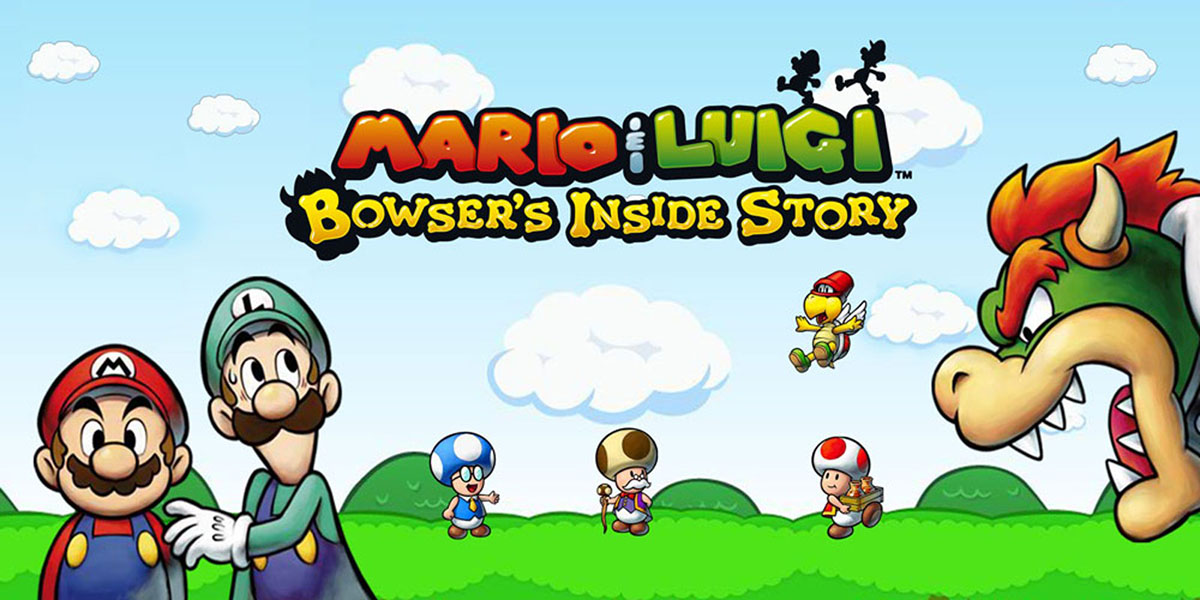 John Koenig
John KoenigI spent most of my childhood constantly negotiating my allowance with my parents. Every perceived need generally translated into some sort of scheme to squeeze a little more money out of them. I’d offer to mow the lawn extra carefully. I’d write them gift certificates promising to make my bed without being asked. Or I’d just throw a fit.
But I only received more money as my needs increased with age or in the rare event that I actually convinced them I needed the money for something important.
And however frustrating it was for me at the time, the arrangement my parents set up to dictate my financial situation was appropriate, because they knew I was just going to blow my money on some crap I wouldn’t care about in a few days anyway.
That’s the basic approach some Republicans in the state Legislature hope to implement with their “Taxpayer Protection Amendment,” which would place constitutional limits on the amount of tax revenue state and local levels of government can collect.
But the state’s tax system is far more complicated, believe it or not, than my childhood. Placing limitations on how much money government can collect or spend in the future compromises its ability to adapt to the needs of the public and unfairly shifts responsibility from our elected officials onto Wisconsin citizens.
Sounds dramatic, right? Let me explain.
The TPA, which Republicans discussed during their caucus this week as Rep. Jeff Woods, R-Chippewa Falls, prepares for a final push, would tie state and local tax levy increases to inflation and population rates. The only way for tax revenue to exceed those limits would be by public referendum.
On the surface, this initiative seems practical and admirable.
Tying tax increases to inflation and population rates would ensure every tax hike is directly linked to a legitimate societal change. The proposal’s stipulation that excess tax revenue would be stowed in a “rainy day fund” would allow the Legislature to prepare for fiscally unstable times. Meanwhile, any deviation from this plan would come only at the approval of the public.
But a closer look at the policy reveals some fundamental problems.
First, placing a cap on the amount of revenue government can collect will have some extremely adverse effects on state programs – like for example, the UW System, which most likely would be a prime target for a Republican-led legislature attempting to trim down government spending under the new amendment, if it were to pass.
As a testament to this possibility, the UW Board of Regents recently passed a resolution opposing the measure, with members saying the TPA would indeed deal a crippling blow to the UW System. And higher education is just one of many programs that have needs we cannot measure according to inflation and population rates.
Another problem with the initiative is that it would not only limit tax revenue on the state level, but also the local level. There are no two municipalities in the state that have the exact same needs, nor the exact same outlook on taxation. Imposing a uniform system for determining tax increases on all the state’s municipalities, therefore, would cripple local governments and marginalize the views of those citizens who want more municipal services than the amendment’s limits would allow.
Now I know the trump card proponents of the amendment carry – the fact that the public could override the amendment’s regulations at any time through referendum. But referendum is not the proper way to determine which programs warrant additional funding every time a need arises.
Aside from being unrealistic, holding a public referendum every time the issue of more tax money arose would create an imbalanced system in which it is far easier to cut government programs than it is to boost their funding as needed. Critical programs would slowly decline as politicians went back and forth, cutting programs (depending on their respective ideologies) with the occasional referendum failing to make up the difference.
We elect these people to determine which programs and laws deserve our precious tax dollars and which don’t. If they screw up too often, they stand to damage their political careers, creating a certain level of accountability.
In these ways, the TPA is an unwise proposal that would swing our tax system in a direction only conservative ideologues really would want.
Government spending may be out of control, but that doesn’t mean we should treat society like a whining child. As a kid, I made it through with a low allowance, but our public programs won’t.
Brian Reisinger is a junior print journalism major and editorial editor of The Spectator. Reising Issues is a weekly column that appears every Thursday.






